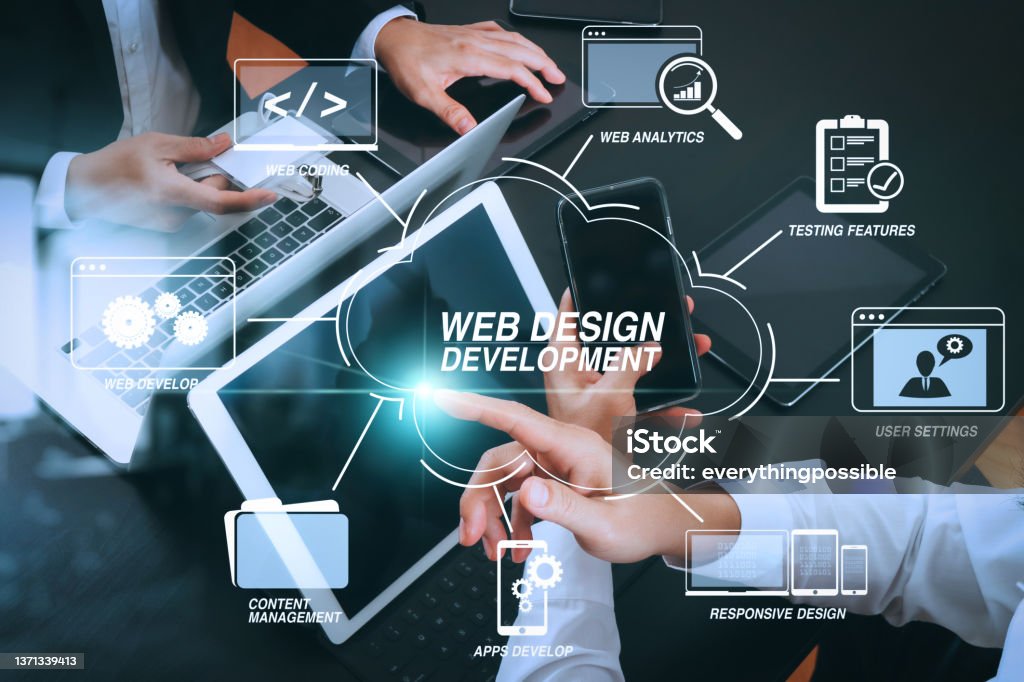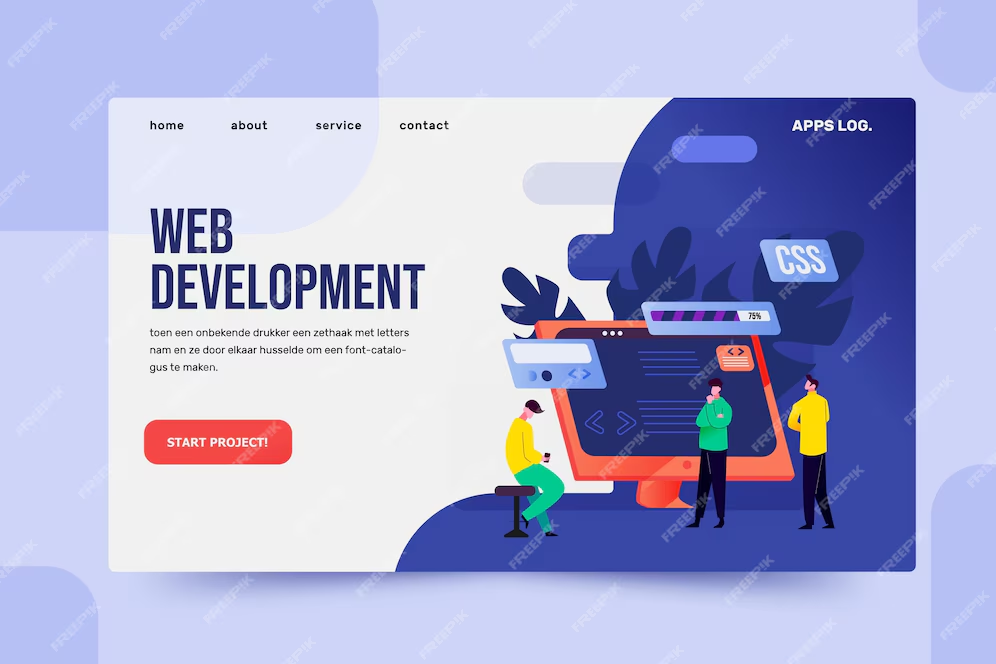Artificial Intelligence (AI) has rapidly evolved, becoming a transformative force across industries. Among its innovations, Generative AI has emerged as a game-changer, enabling machines to create content, solve problems, and drive efficiency. As we approach 2025, this technology is expected to grow exponentially, shaping industries, workflows, and human creativity. This blog explores AI agents powered by generative AI, their current applications, trends shaping the future, and predictions for 2025.
Understanding Generative AI and AI Agents
Generative AI refers to a subset of artificial intelligence that creates data, designs, or solutions, mimicking human creativity. Using deep learning techniques like Generative Adversarial Networks (GANs), Transformers, and Variational Autoencoders (VAEs), generative AI can produce realistic images, coherent text, music, and even design ideas.
AI agents, on the other hand, are autonomous systems that perform tasks using AI capabilities. When integrated with generative AI, these agents can automate content creation, optimize decision-making, and enhance user interaction.
Examples of Generative AI in Action
- ChatGPT and Beyond: Conversational AI agents simulate human-like dialogue, providing customer support, writing assistance, and educational support.
- Deepfake Technologies: Generative AI creates hyper-realistic media, used ethically for entertainment or training simulations.
- Generative Design: AI tools propose engineering or architectural designs by iterating numerous possibilities based on input parameters.
Applications of Generative AI in 2025
Generative AI's impact spans diverse sectors. By 2025, its applications will mature, unlocking new possibilities:
1. Healthcare
Generative AI is transforming healthcare with innovative solutions.
- Drug Discovery: AI agents generate molecular structures for potential drugs, significantly reducing time and cost.
- Medical Imaging: AI enhances diagnostic accuracy by creating clear and informative images from noisy data.
- Personalized Treatment Plans: AI agents simulate patient scenarios to optimize treatment options.
2. Media and Entertainment
In 2025, generative AI will dominate content creation.
- Virtual Reality (VR) Content: AI generates immersive environments for gaming and training.
- Scriptwriting: Generative models assist in writing compelling storylines for films or series.
- Music Composition: AI collaborates with artists to compose personalized or experimental music tracks.
3. Marketing and Advertising
Generative AI revolutionizes marketing strategies.
- Personalized Campaigns: AI agents design hyper-targeted ads using customer data.
- Content Generation: AI creates engaging visuals, blogs, and videos, saving time for marketers.
- Predictive Analysis: Generative AI forecasts trends, helping brands stay ahead.
4. Education and Training
Generative AI enhances personalized and interactive learning.
- AI Tutors: Adaptive agents offer customized lessons based on students' progress.
- Simulated Training: AI creates virtual scenarios for skill development, especially in fields like medicine and aviation.
- Content Generation for Courses: AI designs educational materials, quizzes, and summaries.
5. Design and Manufacturing
Generative design reshapes engineering and manufacturing processes.
- Product Design: AI generates innovative prototypes based on user needs and constraints.
- Smart Manufacturing: AI optimizes production lines, reducing waste and improving efficiency.
- Sustainability: AI designs eco-friendly solutions, addressing climate challenges.
Predictions for Generative AI in 2025
Widespread Adoption in Enterprises
Generative AI will be integral to business strategies. Enterprises will leverage AI agents for customer service, data analysis, and process automation, creating smarter workflows.
Breakthroughs in AI Creativity
Generative AI will cross new creative thresholds, producing art, music, and designs that rival human ingenuity. AI-generated art exhibitions and music albums may become mainstream.
AI-Powered Workforce
By 2025, AI agents will work alongside employees, automating repetitive tasks and enhancing decision-making. This hybrid workforce will redefine productivity and job roles.
Expansion in AI-Assisted Healthcare
Generative AI will play a pivotal role in personalized medicine, predictive diagnostics, and healthcare accessibility, especially in remote or underserved areas.
Regulated AI Ecosystem
Governments worldwide will implement comprehensive regulations to prevent misuse while fostering innovation. AI ethics, data privacy, and transparency will be at the forefront.
Proliferation of Synthetic Media
Synthetic media, powered by generative AI, will redefine storytelling, advertising, and virtual interactions. Real-time content creation will become standard in media production.
Increased Focus on AI Training Models
Generative AI models will be trained on diverse, high-quality datasets, reducing biases and improving inclusivity in AI-generated content.
Challenges Ahead
Despite its promise, generative AI faces challenges:
- Bias and Misinformation: AI can inadvertently perpetuate biases or generate misleading content.
- Energy Consumption: Training generative AI models demands significant computational power, raising sustainability concerns.
- Ethical Concerns: Misuse of AI for deepfakes or manipulative content remains a pressing issue.
Addressing these challenges requires collaboration between researchers, policymakers, and industries.
Conclusion
As we approach 2025, generative AI and AI agents are poised to redefine industries and human creativity. Their applications are vast, ranging from healthcare to entertainment, while trends like multimodal Artificial Intelligence (AI) and ethical development promise a balanced future. However, realizing this potential demands addressing challenges such as ethical concerns and computational costs.
Infogenx is committed to staying at the forefront of these developments, empowering businesses and individuals to leverage the transformative power of generative AI. By embracing innovation responsibly, we can shape a future where AI complements human ingenuity, driving progress and inclusivity.
Thank you! You have subscribed to our newsletter.












